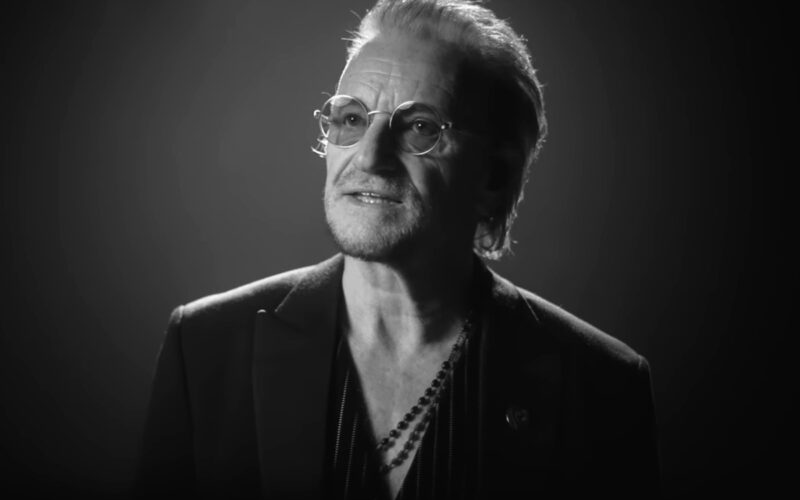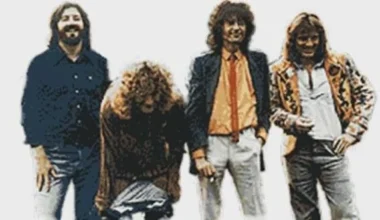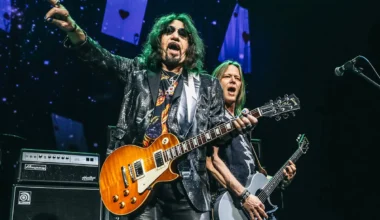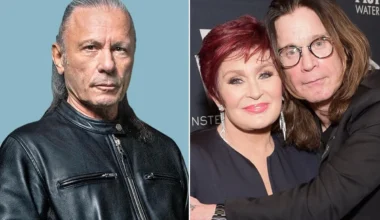Sadly, I am of a generation whose perception of Elvis is somewhat tainted. I spent far too many evenings in dingy British pubs watching a catalogue of middle-aged men dress in full white jumpsuits performing tribute sets. They seemed to be as commonplace in British pubs and weddings as a pool table and a pack of Bacon Fries.
So as I developed into my adolescence and buried my head deep into the pits of classic music, there was still something about Elvis I couldn’t shake. I simply could not listen to ‘Suspicious Minds’ without the image of a horrendously perspiring man from the West Country drawling the words “We’re caught in a trap” to a small crowd of inebriated cider drinkers.
Clearly, his legacy was built on a genuine sense of musicianship, but I didn’t need endless tribute acts to remind me of that. Regardless, as I moved on from adolescence to my next chapter of fully grown adulthood, I found myself in a position where I could choose the socialising I wanted to attend and, in turn, live a life less bothered by knock-off Elvises.
He remained relatively neglected from my rotation until I watched a video from his 1968 comeback special. In a strikingly similar white suit to the one that made me shudder, he stood in front of a large Elvis sign, lit up in a captivating red and delivered a brutally raw and emotionally unmatched rendition of ‘If I Can Dream’.
There was little in the way of thrills and no carefully contrived charisma in his performance. It was instead a performer, laying his talent bare for all to see, and I felt deeply connected to the human essence of this otherwise attainable mega star. From the three minutes of that performance, I understood what Elvis meant.
The context of the performance only makes it more impressive. The final song in a stellar comeback special that saw him jamming with his band with liberated ease, as well as performing monster hits the world hadn’t seen for nearly a decade. It captivated audiences of old, who had marvelled at his emergence in the 1950s and enchanted those who were new, not bogged down by the bureaucracy of his career in the early ’60s. One of the latter was Bono.
“I was eight years old when I saw the ’68 Comeback Special—which was probably an advantage,” he wrote. “I hadn’t the critical faculties to divide the different Elvises into different categories or sort through the contradictions. Pretty much everything I want from guitar, bass, and drums was present: a performer annoyed by the distance from his audience; a persona that made a prism of fame’s wide-angle lens; a sexuality matched only by a thirst for God’s instruction.”
In a decade dominated by The Beatles, Elvis’ iconic special proved why he was called ‘The King’. In many ways, he was the inventor of commercial rock and roll, spearheading the way for the sort of artistically liberal music we enjoy today. Elvis’ special was everything great about rock and roll because, at his best, he was rock and roll.






